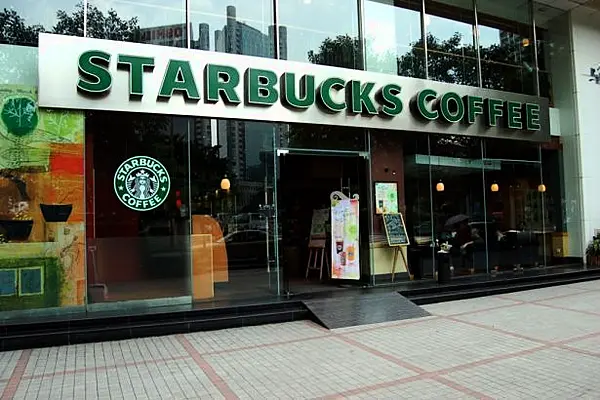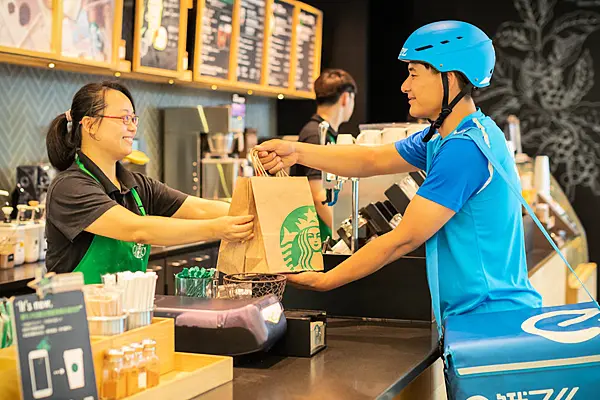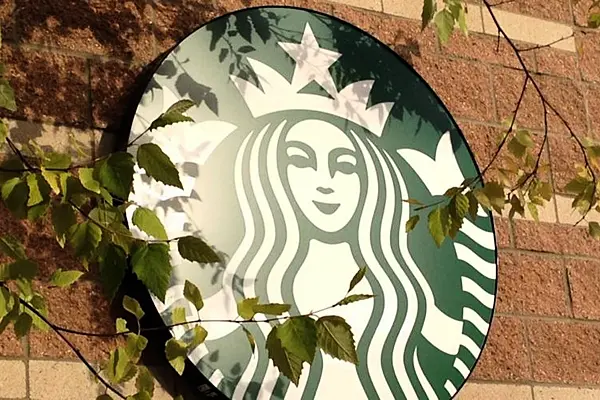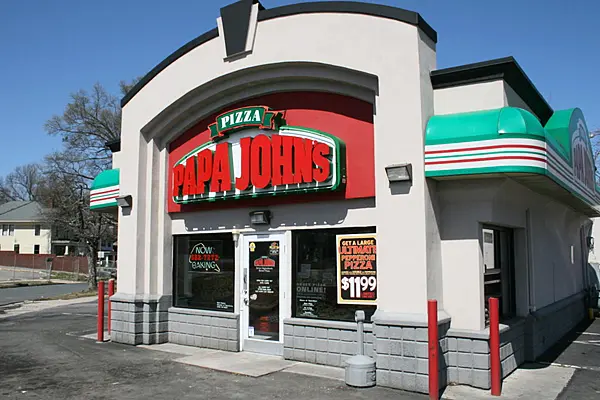Starbucks Corp, facing heavy competition, mobile-ordering hiccups and even boycott threats, has been losing US customers to rivals this winter.
In February, the company ceded market share to other chains, according to data from xAd Inc, a research firm that uses location signals from mobile phones to measure customer traffic. Starbucks’ share declined to 11 per cent among the US restaurants tracked by xAd, down from 12 per cent in January.
Competitors have been offering aggressive drink deals, putting pressure on the whole industry. And Starbucks acknowledged in January that its shift to mobile ordering has hampered customer service and hurt sales. The hassles could be driving some people to other coffee shops, said Bloomberg Intelligence analyst Jennifer Bartashus.
“The operational issues may be keeping people out of stores,” she said. “There’s also just a lot of competition out there.”
Starbucks spokeswoman Haley Drage declined to comment, citing the company’s policy of not giving details on financial performance during the quarter. The coffee chain is scheduled to report its next earnings on 27 April.
Shares of Starbucks dropped as much as 1.1 per cent to $55.58 on Wednesday. Through Tuesday’s close, they had gained 1.2 per cent this year.
‘Sudden Drop’
The company also may have rankled some customers when it said it would hire 10,000 refugees over the next five years. Chief executive officer Howard Schultz made the move in the wake of President Donald Trump’s executive order in January seeking to bar US admission of refugees. Starbucks was threatened with boycotts and drew criticism on social media.
The refugee announcement “could have upset some customers, perhaps negatively impacting sales,” Credit Suisse Group AG analyst Jason West said in a report. “Our work shows a sudden drop in brand sentiment following announcement of the refugee hiring initiative on 29 January.”
Starbucks also cut its annual revenue forecast in January, leading to five straight days of declines for the stock. It’s been hurt partly by a broader slump in the restaurant industry. A record-setting bout of food deflation has made it cheaper for many Americans to eat at home, so they’re bypassing restaurants.
To get customers back in the door, chains are relying more on discounts and rolling out new services. Dunkin’ Donuts has recently advertised afternoon drink specials, and Panera Bread Co expanded a rapid pickup service. McDonald’s Corp, meanwhile, will start selling $2 McCafe drinks in April.
Weather Woes
For its part, Starbucks has been advertising hot and iced macchiatos - along with hearty winter foods, such as ham-and-cheese croissants. It’s also working on a solution to the problem of congested pickup counters.
Unseasonably warm weather across much of the US is providing another challenge to coffee sellers. Americans typically buy less java during a mild winter. That effect also is showing up at supermarkets: sales of coffee sold at retail and grocery stores fell 2.7 per cent in January and 1.3 per cent in February, compared with last year, according to data from market-research firm IRI.
All-time highs for February were set in Boston, Milwaukee, and Columbus, Ohio, with some readings hitting the 70s Fahrenheit (20s Celsius). But the warm weather may not stick around. New York’s Central Park is forecast drop to 22 degrees Fahrenheit later this week.
“Coffee is less appealing when it’s nicer out,” Bartashus said. “Weather can definitely play a factor in people’s decisions on stopping for coffee.”
News by Bloomberg, edited by Hospitality Ireland









